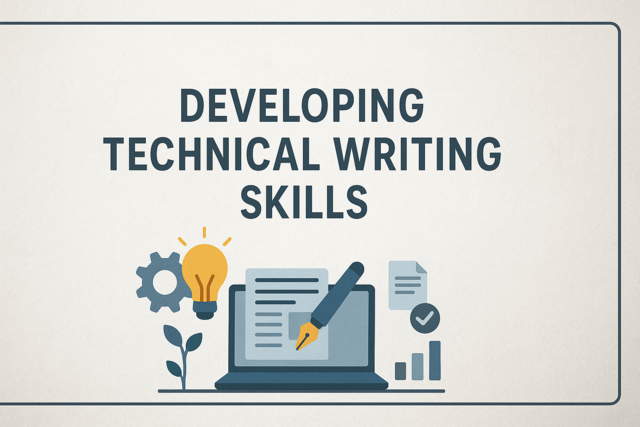Online Class: Conflict Resolution and Negotiation

no certificate
with CEU Certificate*
-
15Lessons
-
22Exams &
Assignments -
6Hours
average time -
0.6CEUs
Course Description
Imagine a world where conflicts open new doors rather than close them—a world where negotiation isn't just a skill, but a transformative experience that guides you into deeper understanding and collaboration. Welcome to the "Conflict Resolution and Negotiation" course, a groundbreaking journey that dives deep into the dynamics of human interaction and empowers you to become a catalyst for positive change.
In today's interconnected world, mastering the art of conflict resolution is not just advantageous—it's essential. Conflicts arise in every aspect of our lives, from personal relationships to professional settings, and handling them with finesse can be the difference between chaos and harmony. This course will not just teach you how to manage discord; it will inspire you to see conflicts as opportunities for innovation. It's about transforming challenges into pathways for growth, a mindset that will serve you in every stage of your personal and professional journey.
Picture yourself harnessing emotional intelligence to navigate complex conflicts. Imagine the satisfaction of turning a heated disagreement into a productive dialogue, understanding the nuances of cultural differences, and creating spaces where every voice is heard and valued. Our course goes beyond teaching techniques; it's about embodying a mindset of empathy and inclusivity. You will learn to recognize the subtle influences of power dynamics and cultural factors, enabling you to craft dialogues that are not only fair but transformative.
Engage in a narrative that spans the fascinating landscape of conflict origins, cultural communication styles, and the life-changing power of active listening. Experience the excitement of peeling back the layers of a conflict, uncovering the underlying interests, and emerging with solutions that benefit all parties involved. With scenarios drawn from real-world examples—the boardroom, the family gathering, even cross-border negotiations—you'll see first-hand how these skills translate into diverse contexts, empowering you to handle any situation life throws at you.
Cultural literacy and adaptability are more crucial than ever in our multinational workplaces and globally connected societies. This course equips you with the skills to navigate the delicate dance of high and low-context communication, ensuring that you can facilitate dialogue and negotiation gracefully, regardless of cultural backgrounds. By understanding the beliefs and values of others, you will foster an environment of respect and creativity, turning potential misunderstandings into moments of connection and collaboration.
The "Conflict Resolution and Negotiation" course sets itself apart through its unique blend of theoretical insight and practical application. Here, you will adopt strategies that challenge conventional, zero-sum approaches to negotiation. These strategies encourage interest-based dialogue—an approach that not only resolves conflicts but also cultivates lasting, meaningful partnerships. Learn from thought leaders and seasoned professionals who share invaluable insights gained from decades of experience in diverse fields.
And this journey isn't solitary. Join a vibrant online community of fellow learners and mentors eager to share their experiences and wisdom. The connections you build here will support you as you practice your newfound skills, providing both challenge and encouragement as you advance your understanding and capability.
After completing this course, you will not just walk away with a toolkit of practical skills—you will leave transformed. You will become a leader in your community, equipped to inspire others through fairness, justice, and empathy. The course will empower you with knowledge, but more importantly, it will engender in you the confidence to act as a bridge-builder, uniting diverse groups towards shared goals.
Are you ready to embark on this transformative journey? Enroll now to take the first step into a future where every conflict turns into a stepping stone for success. Welcome to your future as a change-maker in the art and science of conflict resolution and negotiation.
- Completely Online
- Self-Paced
- 6 Months to Complete
- 24/7 Availability
- Start Anytime
- PC & Mac Compatible
- Android & iOS Friendly
- Accredited CEUs

Course Lessons
Lesson 1. Mastering Conflict Origins for Effective Resolution
Task, relationship, and process conflicts require distinct approaches for resolution, emphasizing the importance of examining emotional and cultural influences in conflict dynamics. By leveraging emotional intelligence and cultural competence, conflicts transform from barriers to collaboration into avenues for innovation.Lesson 2. Harmonizing Relationships: Communication and Power in Conflict Resolution
Authority misuse and power imbalances are frequent conflict sources within social structures, leading to resentment and resistance. Addressing these issues requires promoting leadership with emotional intelligence, implementing fair practices, and fostering inclusive dialogues for equitable resolutions.Lesson 3. Navigating Disputes Through Emotional Intelligence
Emotional intelligence, which encompasses empathy, self-awareness, and communication skills, is instrumental in resolving conflicts and building resilient relationships. Embracing this skill set fosters a more inclusive and respectful culture, both in personal relationships and within organizations.Lesson 4. Active Listening Fundamentals
Mastering active listening involves honing techniques like mirroring and empathetic dialogue to build bridges in negotiations, transforming adversarial exchanges into collaborative successes. By focusing on emotional intelligence and paralinguistics, negotiators can decode unspoken cues, paving the way for richer communication and resolution.Lesson 5. Navigating Cross-Cultural Conflicts: Mastery through Hofstede's Framework
Cultural attitudes towards individualism and collectivism significantly influence conflict resolution, with individualistic societies prioritizing personal achievements and collectivist societies emphasizing group harmony. Tailoring negotiation strategies to these cultural inclinations fosters consensus and strengthens interpersonal bonds.Lesson 6. Negotiating Peace: From Confrontation to Collaboration
Mastering conflict resolution and negotiation involves uncovering hidden interests that drive disputes, transforming seemingly irreconcilable issues into opportunities for growth through empathetic dialogue and comprehensive analysis. By understanding the layers of a conflict, individuals can foster more productive interactions, ensuring solutions are rooted in mutual respect and shared goals.Lesson 7. Power and Negotiation: Exploring the Intricacies
Negotiation is an intricate skill where understanding diverse power sources aids in reaching mutually beneficial agreements. Empowerment is derived from knowledge, trust, and alternatives, allowing negotiators to influence outcomes ethically and strategically.Lesson 8. Exploring the Transformative Power of Interest-Based Negotiation
Position-based negotiation might fulfill immediate demands but risks long-term relationship strain, whereas an interest-based approach encourages shared goals and innovative solutions. Effective negotiators utilize both tactics, but interest-based strategies excel in nurturing enduring partnerships.Lesson 9. Transforming Discord into Unity Through Empowered Communication
The tools of empathy and active listening not only resolve conflicts but also drive personal growth by promoting self-reflection and understanding of biases. In diverse communities, these skills facilitate inclusive solutions and nurture a shared purpose, strengthening societal bonds.Lesson 10. Conflict Resolution in the Workplace
In today's diverse workplace, cultural differences and generational diversity can inflame disputes unless managed with cultural competence and understanding. Adequate resource allocation and addressing personal issues can help alleviate tensions, ensuring employees feel supported and valued.Lesson 11. The Role of Dissenters in Preventing Groupthink
Facilitators and dissenters play pivotal roles in decision-making by ensuring equitable participation and challenging groupthink. This dynamic helps maintain a balance between innovative ideas and cautious evaluations, leveraging diverse viewpoints for stronger outcomes.Lesson 12. The Dance of High and Low-Context Communication in Negotiations
Cultural influences profoundly shape communication styles in negotiation, emphasizing the need for an appreciation of diverse expressions and understandings. Recognizing differences between high-context and low-context communication allows negotiators to navigate complex interactions gracefully.Lesson 13. Enhancing Clarity and Tone in Digital Talk
Cultural literacy is essential in digital negotiation to understand and respect diverse communication styles, reducing conflict. Continuous learning and adapting to new technologies empower individuals to remain agile and innovative in this evolving landscape.Lesson 14. Negotiation: Transforming Deadlocks into Innovative Agreements
Understanding interests rather than merely stated positions leads to innovative solutions in disputes, as seen in examples from workplace to city planning scenarios. By adopting interest-based negotiation, parties can achieve creative, win-win outcomes beyond traditional zero-sum approaches.Lesson 15. Justice, Fairness, and Respect: Ethical Best Practices in Conflict Resolution
Reflective thinking helps individuals uncover biases and refine their problem-solving skills through the deliberate evaluation of their experiences and decisions. It fosters a mindset geared toward self-improvement and emotional intelligence, contributing to effective leadership and collaboration.
Learning Outcomes
- Demonstrate an understanding of the origins of conflict by identifying and explaining personal differences, informational deficiencies, role incompatibility, and environmental stress, and their impact on conflict resolution and negotiation.
- Identify and analyze different types of conflict—task, relationship, and process conflict—by examining case studies to illustrate their unique dynamics within interpersonal and organizational settings.
- Identify and analyze cultural differences in communication styles within conflict resolution, emphasizing strategies to enhance intercultural competence and reduce misunderstandings.
- Recognize and describe the role of emotional intelligence in managing personal dynamics and its impact on conflict resolution strategies.
- Apply active listening techniques to accurately paraphrase and validate the emotions expressed by an opposing party in a role-playing negotiation exercise.
- Demonstrate the ability to self-regulate by identifying personal emotional triggers and implementing calming strategies during a simulated conflict resolution scenario.
- Demonstrate the ability to identify and minimize distractions to enhance active listening in a negotiation setting.
- Explain the impact of clarifying questions on resolving misunderstandings in conflict situations.
- Analyze the impact of cultural values, such as power distance and individualism, on negotiation outcomes and strategies across diverse cultures.
- Apply cultural competence principles, including active listening and empathy, to develop culturally sensitive and effective conflict resolution strategies.
- Demonstrate the ability to identify and compare cultural dimensions, including power distance, individualism versus collectivism, and uncertainty avoidance, in various global contexts.
- Evaluate the effectiveness of cross-cultural emotional intelligence in managing disputes and fostering cooperation in multicultural negotiation settings.
- Explain how high-context and low-context communication styles influence conflict resolution strategies and negotiation tactics within different cultural environments.
- Demonstrate mastery of lesson content at levels of 70% or higher.
Additional Course Information

- Document Your Lifelong Learning Achievements
- Earn an Official Certificate Documenting Course Hours and CEUs
- Verify Your Certificate with a Unique Serial Number Online
- View and Share Your Certificate Online or Download/Print as PDF
- Display Your Certificate on Your Resume and Promote Your Achievements Using Social Media

Choose Your Subscription Plan
No Certificate / No CEUs
This course only
| Includes certificate | X |
| Includes CEUs | X |
| Self-paced |

|
| Instructor support |

|
| Time to complete | 6 months |
| No. of courses | 1 course |
Certificate & CEUs
This course only
| Includes certificate |

|
| Includes CEUs |

|
| Self-paced |

|
| Instructor support |

|
| Time to complete | 6 months |
| No. of courses | 1 course |
Certificates & CEUs
Includes all 600+ courses
| Includes certificate |

|
| Includes CEUs |

|
| Self-paced |

|
| Instructor support |

|
| Time to complete | 12 Months |
| No. of courses | 600+ |
Certificates & CEUs
Includes all 600+ courses
| Includes certificate |

|
| Includes CEUs |

|
| Self-paced |

|
| Instructor support |

|
| Time to complete | 24 Months |
| No. of courses | 600+ |
Related Courses
-
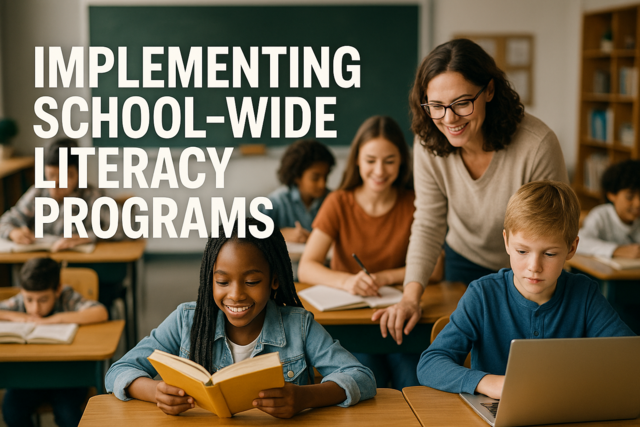 5 hours
0.5 CEUs
Implementing School-Wide Literacy Programs
+ More Info
5 hours
0.5 CEUs
Implementing School-Wide Literacy Programs
+ More Info
-
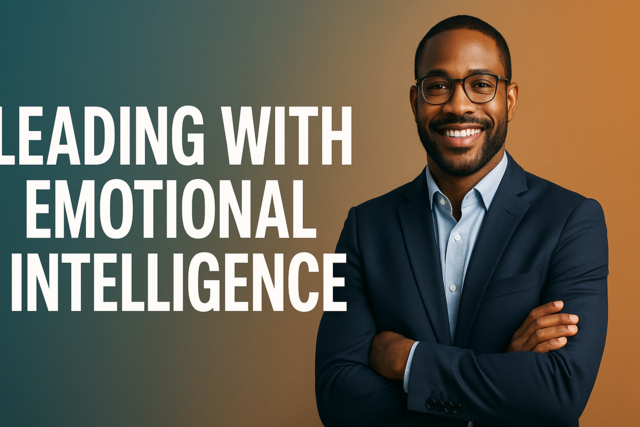 4 hours
0.4 CEUs
Leading with Emotional Intelligence
+ More Info
4 hours
0.4 CEUs
Leading with Emotional Intelligence
+ More Info
-
 5 hours
0.5 CEUs
Metaphysical Realms: A Journey Beyond
+ More Info
5 hours
0.5 CEUs
Metaphysical Realms: A Journey Beyond
+ More Info
-
 3 hours
0.3 CEUs
Bermuda Triangle Mysteries
+ More Info
3 hours
0.3 CEUs
Bermuda Triangle Mysteries
+ More Info
-
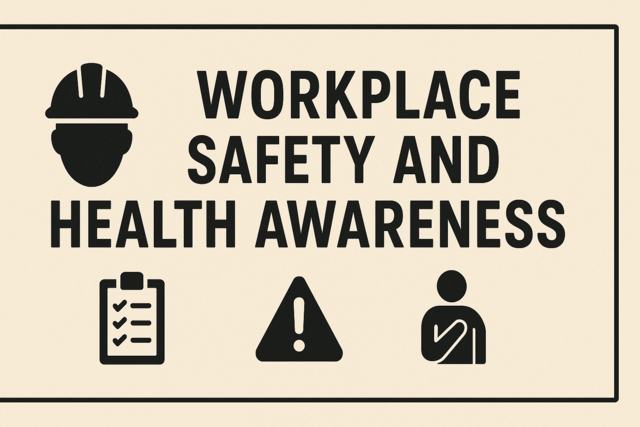 6 hours
0.6 CEUs
Workplace Safety and Health Awareness
+ More Info
6 hours
0.6 CEUs
Workplace Safety and Health Awareness
+ More Info
-
 4 hours
0.4 CEUs
Energy Medicine: Harnessing Your Body's Power
+ More Info
4 hours
0.4 CEUs
Energy Medicine: Harnessing Your Body's Power
+ More Info
-
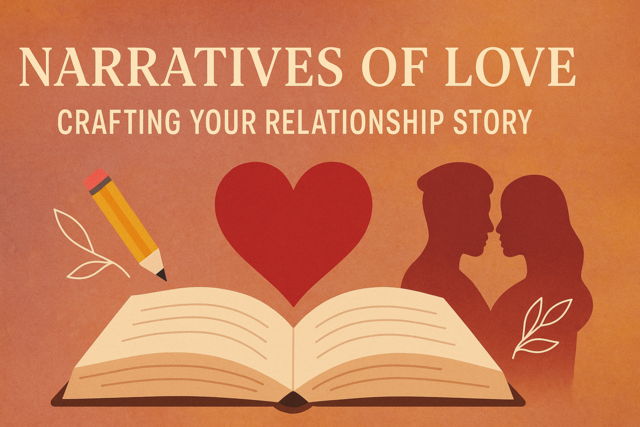 4 hours
0.4 CEUs
Narratives of Love: Crafting Your Relationship Story
+ More Info
4 hours
0.4 CEUs
Narratives of Love: Crafting Your Relationship Story
+ More Info
-
 4 hours
0.4 CEUs
Vital Conversations: Cultivating Depth in Daily Interactions
+ More Info
4 hours
0.4 CEUs
Vital Conversations: Cultivating Depth in Daily Interactions
+ More Info
-
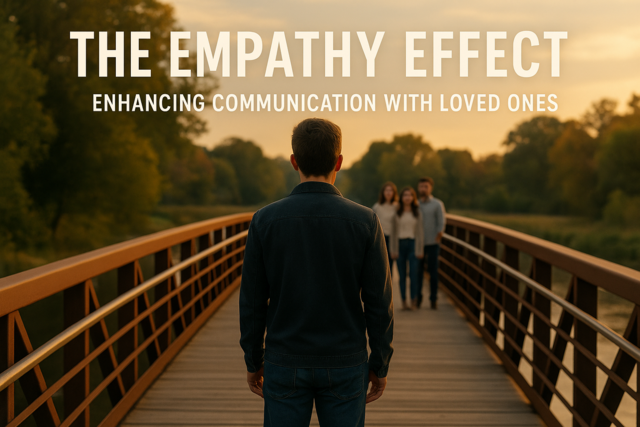 3 hours
0.3 CEUs
The Empathy Effect: Enhancing Communication with Loved Ones
+ More Info
3 hours
0.3 CEUs
The Empathy Effect: Enhancing Communication with Loved Ones
+ More Info
-
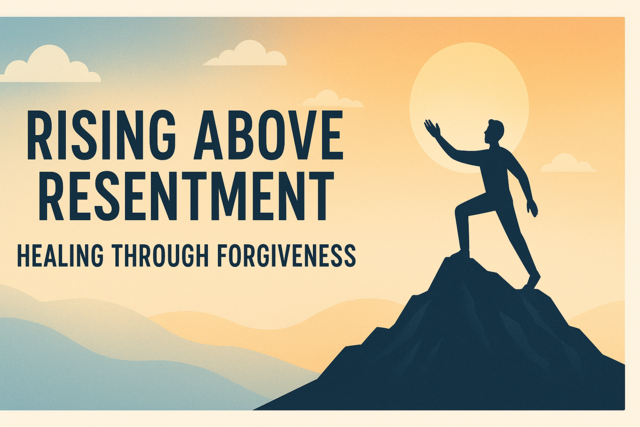 4 hours
0.4 CEUs
Rising Above Resentment: Healing Through Forgiveness
+ More Info
4 hours
0.4 CEUs
Rising Above Resentment: Healing Through Forgiveness
+ More Info
-
 5 hours
0.5 CEUs
Promoting Social Skills in Special Education
+ More Info
5 hours
0.5 CEUs
Promoting Social Skills in Special Education
+ More Info
-
 6 hours
0.6 CEUs
The Art of Dressing: Mastering High-End Menswear
+ More Info
6 hours
0.6 CEUs
The Art of Dressing: Mastering High-End Menswear
+ More Info
-
 4 hours
0.4 CEUs
Sales Skills and Strategies
+ More Info
4 hours
0.4 CEUs
Sales Skills and Strategies
+ More Info
-
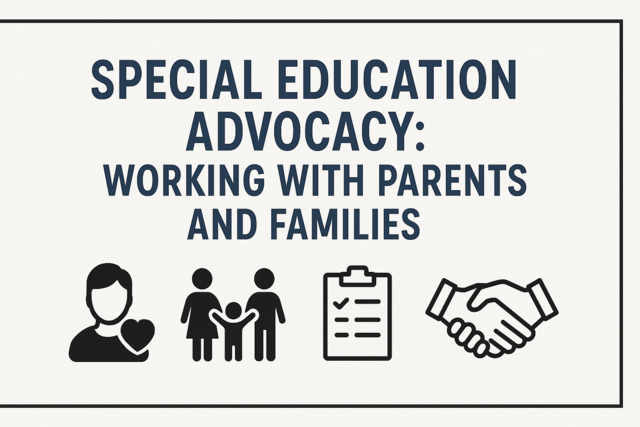 3 hours
0.3 CEUs
Special Education Advocacy: Working with Parents and Families
+ More Info
3 hours
0.3 CEUs
Special Education Advocacy: Working with Parents and Families
+ More Info
-
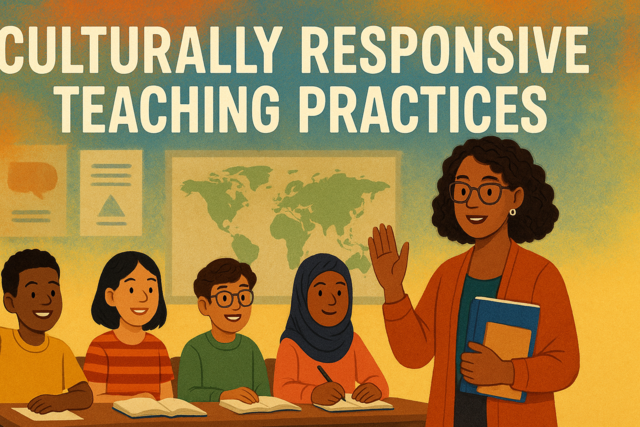 5 hours
0.5 CEUs
Culturally Responsive Teaching Practices
+ More Info
5 hours
0.5 CEUs
Culturally Responsive Teaching Practices
+ More Info
-
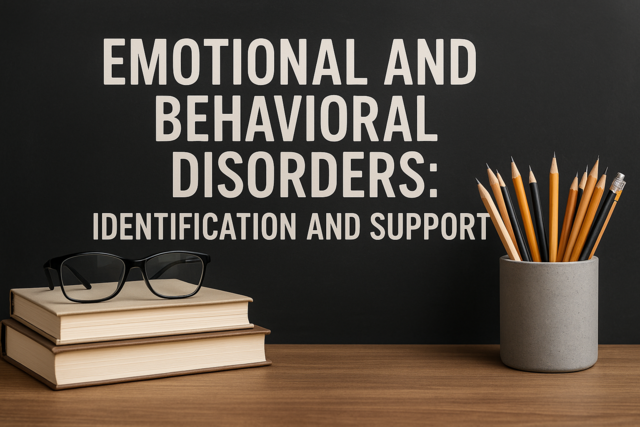 7 hours
0.7 CEUs
Emotional and Behavioral Disorders: Identification and Support
+ More Info
7 hours
0.7 CEUs
Emotional and Behavioral Disorders: Identification and Support
+ More Info
-
 5 hours
0.5 CEUs
Building Bridges: Techniques for Intergenerational Understanding
+ More Info
5 hours
0.5 CEUs
Building Bridges: Techniques for Intergenerational Understanding
+ More Info
-
 6 hours
0.6 CEUs
The Art of Emotional Intelligence: Building Stronger Connections
+ More Info
6 hours
0.6 CEUs
The Art of Emotional Intelligence: Building Stronger Connections
+ More Info
-
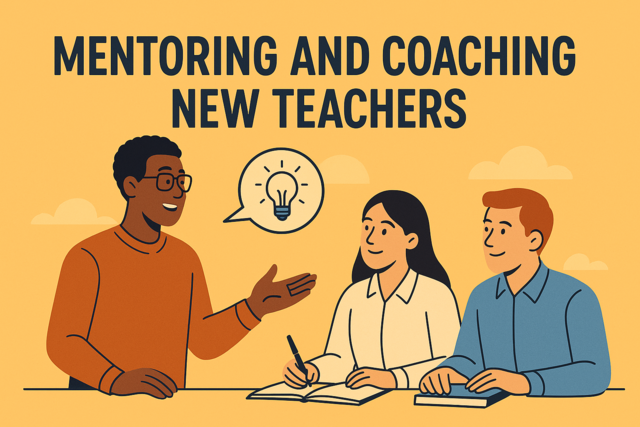 5 hours
0.5 CEUs
Mentoring and Coaching New Teachers
+ More Info
5 hours
0.5 CEUs
Mentoring and Coaching New Teachers
+ More Info
-
 5 hours
0.5 CEUs
Fostering a Positive Attitude
+ More Info
5 hours
0.5 CEUs
Fostering a Positive Attitude
+ More Info
-
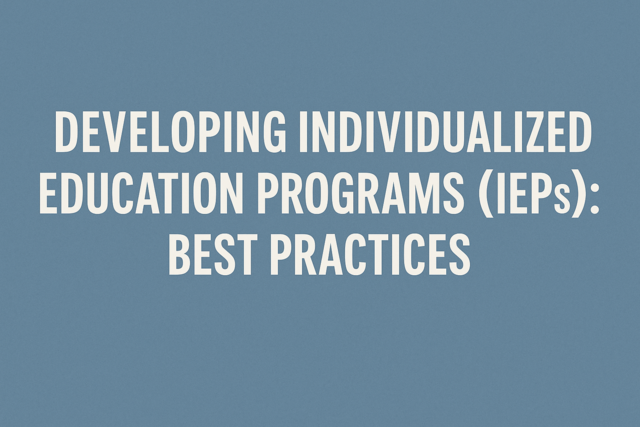 4 hours
0.4 CEUs
Developing Individualized Education Programs (IEPs): Best Practices
+ More Info
4 hours
0.4 CEUs
Developing Individualized Education Programs (IEPs): Best Practices
+ More Info
-
 6 hours
0.6 CEUs
Healing from Narcissism: Paths to Recovery and Healthy Dynamics
+ More Info
6 hours
0.6 CEUs
Healing from Narcissism: Paths to Recovery and Healthy Dynamics
+ More Info
-
 6 hours
0.6 CEUs
Fashion Forward: Trendsetting in the Modern Era
+ More Info
6 hours
0.6 CEUs
Fashion Forward: Trendsetting in the Modern Era
+ More Info
-
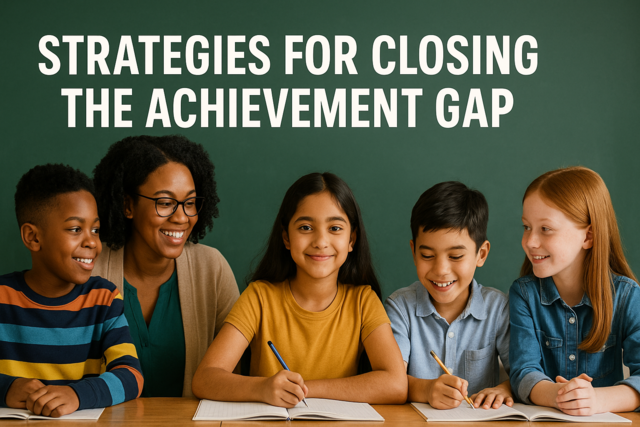 7 hours
0.7 CEUs
Strategies for Closing the Achievement Gap
+ More Info
7 hours
0.7 CEUs
Strategies for Closing the Achievement Gap
+ More Info
-
 3 hours
0.3 CEUs
Managing Personal Finances
+ More Info
3 hours
0.3 CEUs
Managing Personal Finances
+ More Info
-
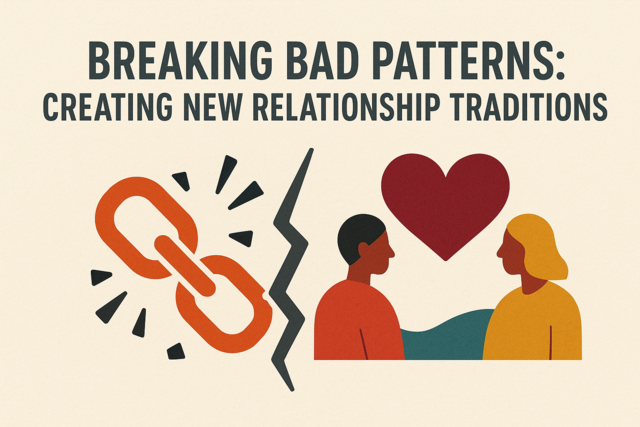 5 hours
0.5 CEUs
Breaking Bad Patterns: Creating New Relationship Traditions
+ More Info
5 hours
0.5 CEUs
Breaking Bad Patterns: Creating New Relationship Traditions
+ More Info
-
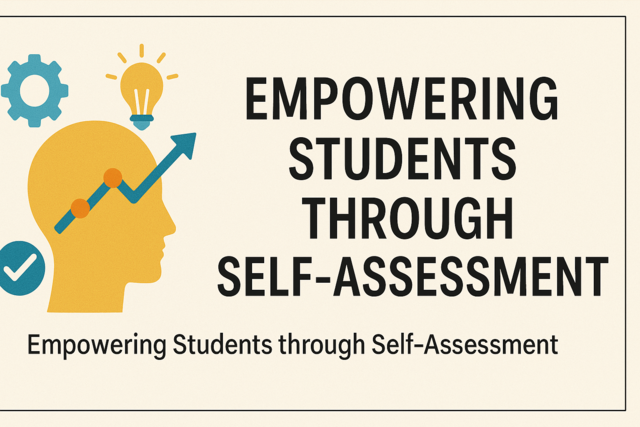 3 hours
0.3 CEUs
Empowering Students through Self-Assessment
+ More Info
3 hours
0.3 CEUs
Empowering Students through Self-Assessment
+ More Info
-
 4 hours
0.4 CEUs
Sustainable Style: Modern Luxury with a Conscience
+ More Info
4 hours
0.4 CEUs
Sustainable Style: Modern Luxury with a Conscience
+ More Info
-
 6 hours
0.6 CEUs
The New Chic: Redefining Urban Elegance
+ More Info
6 hours
0.6 CEUs
The New Chic: Redefining Urban Elegance
+ More Info
-
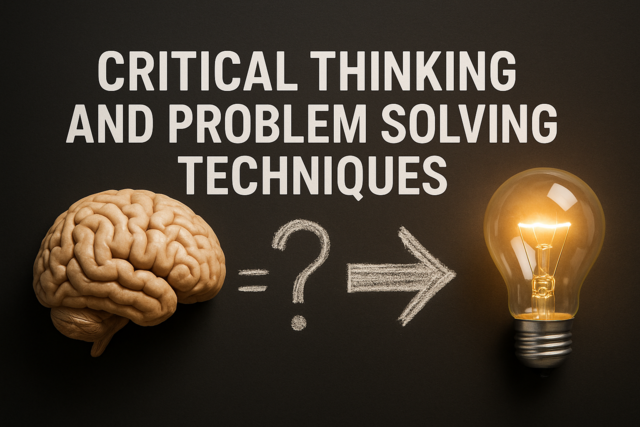 4 hours
0.4 CEUs
Critical Thinking and Problem Solving Techniques
+ More Info
4 hours
0.4 CEUs
Critical Thinking and Problem Solving Techniques
+ More Info
-
 5 hours
0.5 CEUs
Understanding Nutrition Labels and Food Choices
+ More Info
5 hours
0.5 CEUs
Understanding Nutrition Labels and Food Choices
+ More Info
-
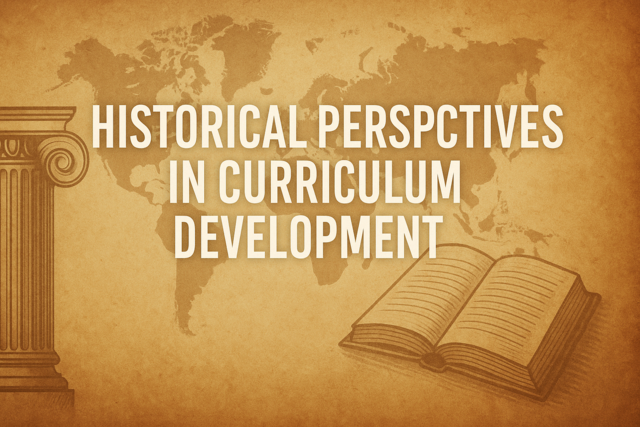 3 hours
0.3 CEUs
Historical Perspectives in Curriculum Development
+ More Info
3 hours
0.3 CEUs
Historical Perspectives in Curriculum Development
+ More Info
-
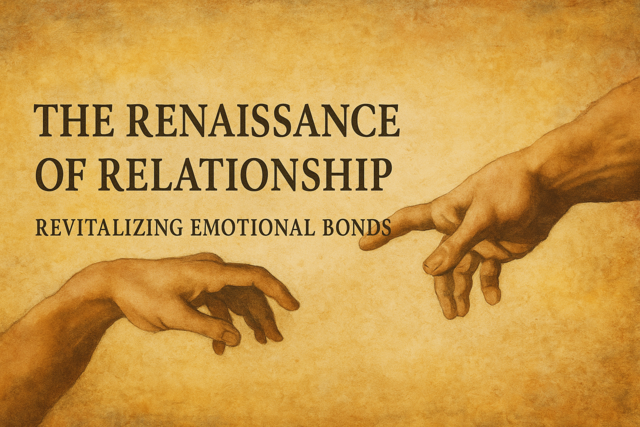 7 hours
0.7 CEUs
The Renaissance of Relationship: Revitalizing Emotional Bonds
+ More Info
7 hours
0.7 CEUs
The Renaissance of Relationship: Revitalizing Emotional Bonds
+ More Info
-
 4 hours
0.4 CEUs
Creating a Culture of Collaboration
+ More Info
4 hours
0.4 CEUs
Creating a Culture of Collaboration
+ More Info
-
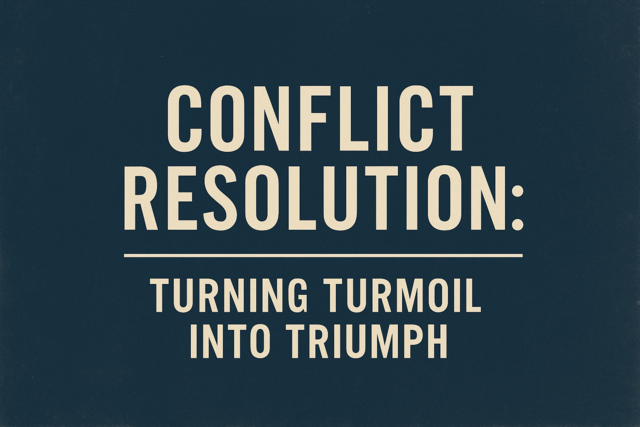 5 hours
0.5 CEUs
Conflict Resolution: Turning Turmoil into Triumph
+ More Info
5 hours
0.5 CEUs
Conflict Resolution: Turning Turmoil into Triumph
+ More Info
-
 3 hours
0.3 CEUs
Education Policy and Reform: Impact and Implications
+ More Info
3 hours
0.3 CEUs
Education Policy and Reform: Impact and Implications
+ More Info
-
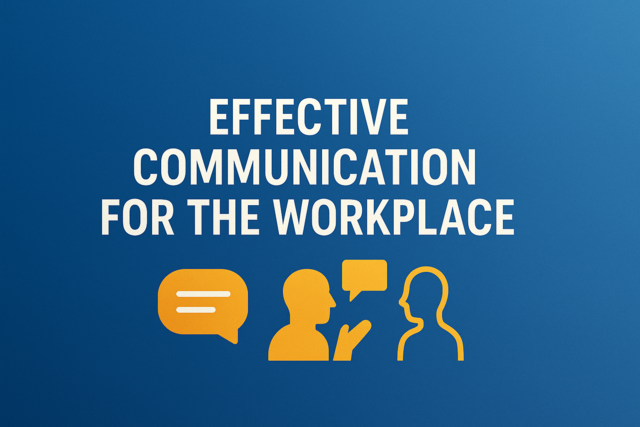 7 hours
0.7 CEUs
Effective Communication for the Workplace
+ More Info
7 hours
0.7 CEUs
Effective Communication for the Workplace
+ More Info
-
 6 hours
0.6 CEUs
Iconic Influence: Women's Wear in the Age of Luxury
+ More Info
6 hours
0.6 CEUs
Iconic Influence: Women's Wear in the Age of Luxury
+ More Info
-
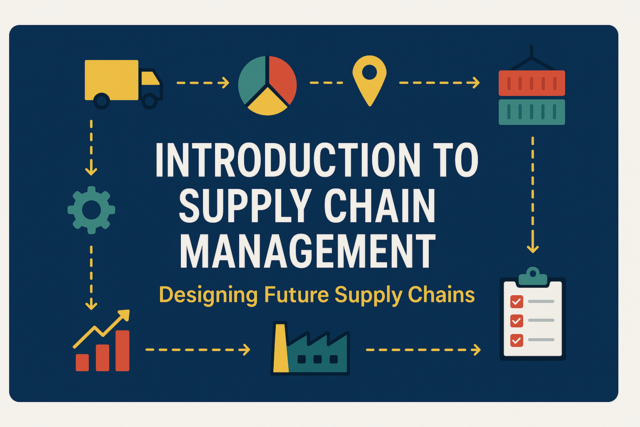 4 hours
0.4 CEUs
Introduction to Supply Chain Management
+ More Info
4 hours
0.4 CEUs
Introduction to Supply Chain Management
+ More Info


